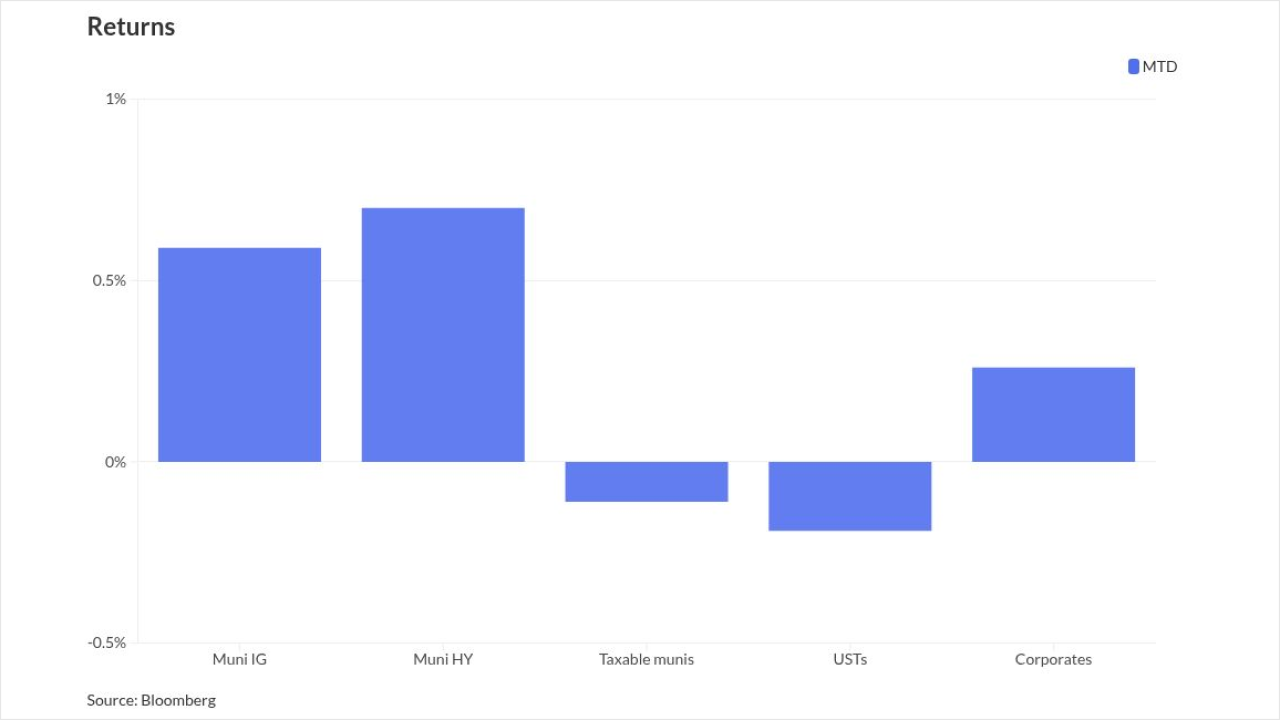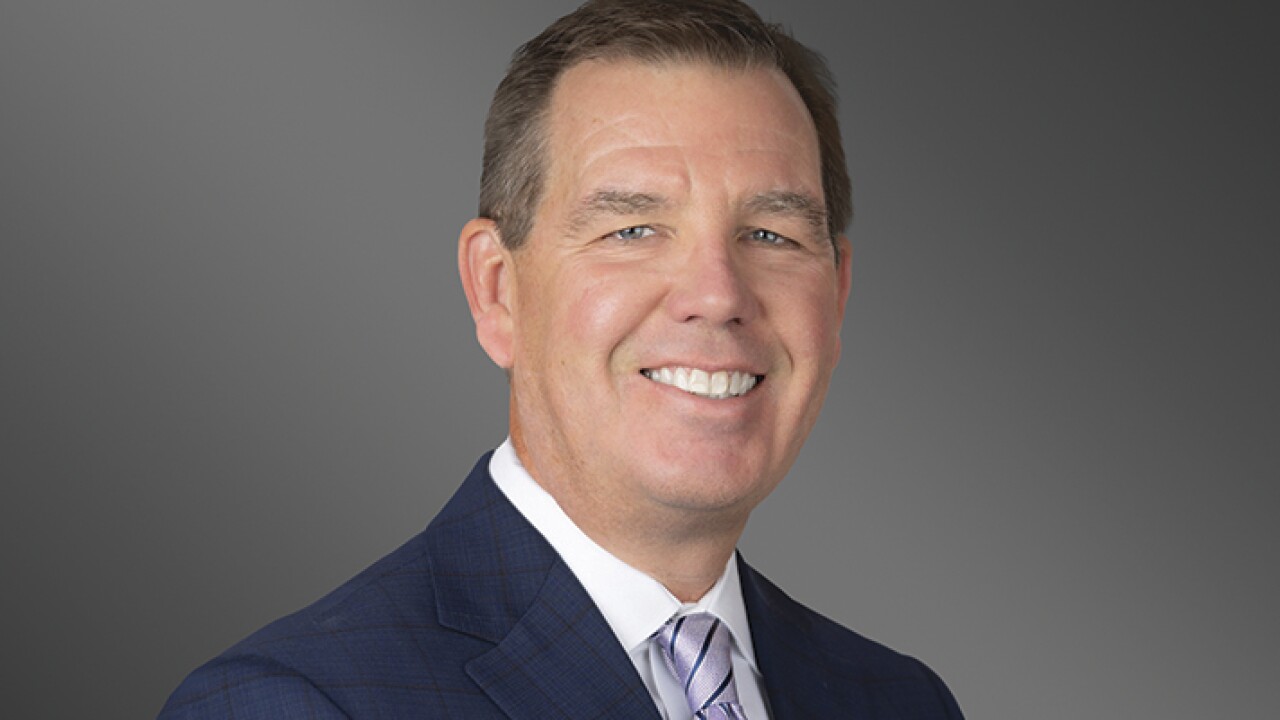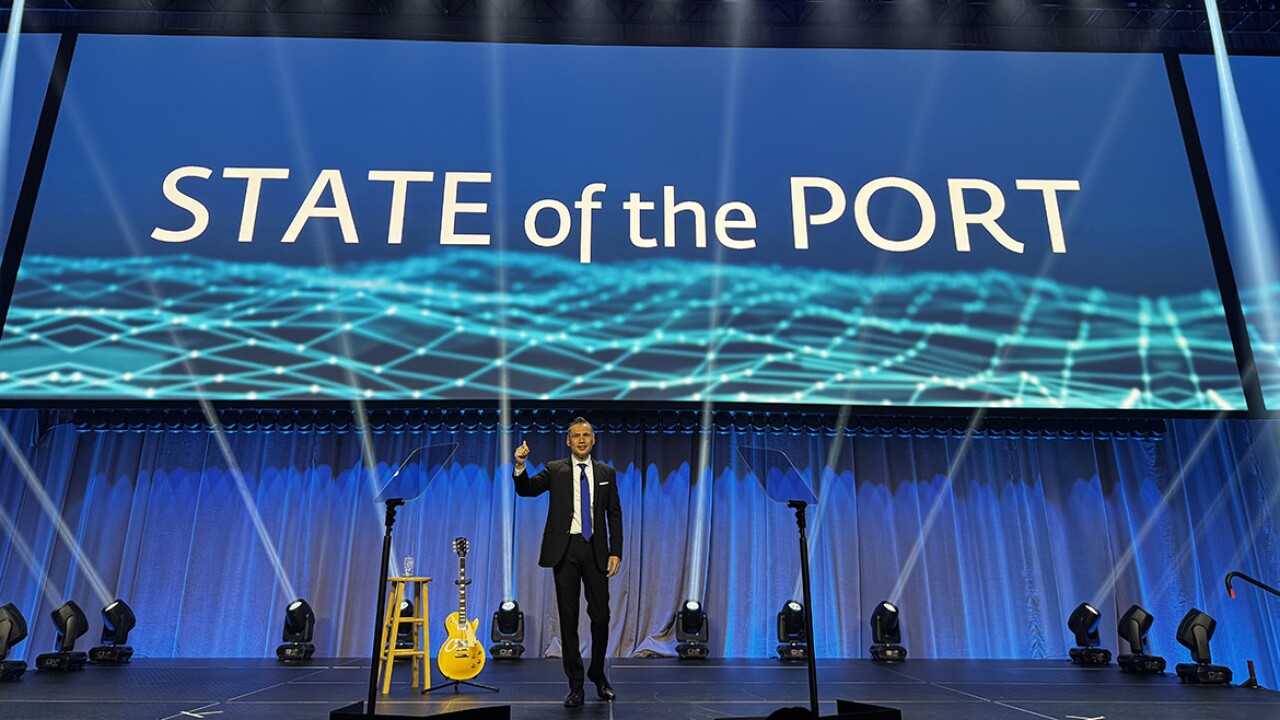Maryland will wager on federal funds for a massive and controversial project to ease congestion around the American Legion Bridge that was previously structured as the largest public-private partnership in the U.S.
Maryland Gov. Wes Moore Monday made his first public comments on the project since the state's private partner Transurban
"The transportation network throughout Maryland and the National Capital Region must be able to get people where they need to go in a timely and reliable manner," Moore said in a statement, adding that his approach would provide "long-desired, equitable transportation" that would boost the economy.
The Maryland Department of Transportation has applied for a $2.4 billion federal Multimodal Project Discretionary Grant that would be used to reconstruct the American Legion Bridge and build new tolled lanes on parts of I-270. The state is seeking another $800 million in federal funds and would kick in $800 million of state matching funds. It's also "actively pursuing" additional federal grants in partnership with Virginia and local entities, according to Moore's statement.

It's the latest chapter for a project costing as much as $9 billion to ease what's considered one of nation's most congested corridors. The original plan called for reconstructing the American Legion Bridge and adding toll lanes to the bridge and along an expanded I-270 and part of the Capital Beltway to connect to hot lanes in northern Virginia.
Moore's office said the first step now would be to reconstruct the bridge and build the managed lanes in phases, with the first phase being the American Legion Bridge, I-495 to the I-270 West Spur, and the I-270 West Spur.
The project, already facing rising costs, lawsuits and delays, moved to shaky political ground in January when its top cheerleader, former Gov. Larry Hogan, a Republican, was replaced by Moore, a Democrat, who expressed doubts about the P3.
The possibility to structure at least some of the project as a P3 appears to remain open. Transportation Secretary Paul Wiedefeld told local reporters that the current focus is on winning federal funds but added that "P3s…can work in different situations. We'll see if it applies to this."
Transportation officials said the revamped plan would include more transit options, including the potential for expanded commuter trains.
The announcement comes almost exactly a year after the federal government





